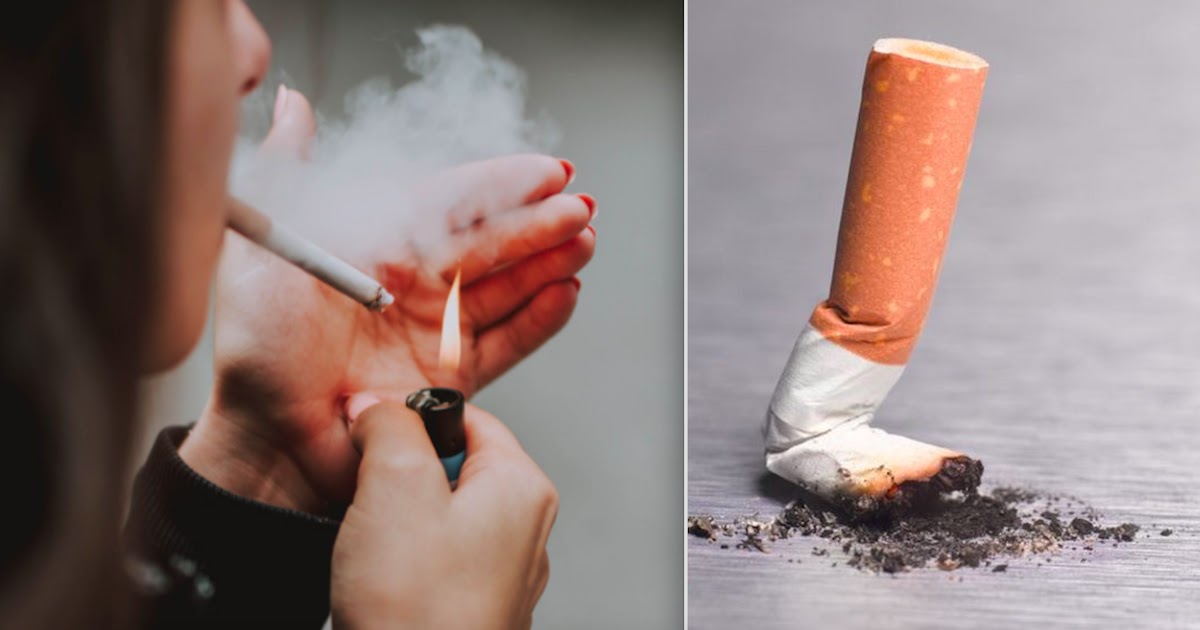
New Zealand has put forward plans to ban smoking for future adults by making the purchase of tobacco-related products illegal. The measures will be implemented as the country aims to be smoke-free by 2025. The new legislation will allow for the legal smoking age to increase annually starting next year, such that, eventually, those born after 2008 won't be permitted to buy smoke products during their lifetime.
Health Minister, Dr. Ayesha Verrall, said of the measure:
"Smoking is still the leading cause of preventable death in New Zealand and causes one in four cancers. We want to make sure young people never start smoking so we will make it an offence to sell or supply smoked tobacco products to new cohorts of youth. People aged 14 when the law comes into effect will never be able to legally purchase tobacco."
The legislation will also put in place a reduction in the nicotine levels contained in tobacco and cigarettes, while limiting the number of shops selling smoke-related products. At the moment, New Zealand's outlets licensed to sell tobacco and cigarettes are approximately 8,000. However, with the new legislation being enforced, the number is estimated to fall below 500.
The Guardian has reported that, among New Zealand's Māori population, approximately 29% are regular smokers, contrasted with 12% of the country's overall population.
Verrall said:
"Smoking-related harm is particularly prevalent in our Māori, Pacific, and low-income communities. We're on track for the New Zealand European population [to become smoke-free]. The issue is, though, if we don't change what we're doing, we won't make it for Māori – and that's [what] the plan is really focused on."
The proposals include extra support to help current smokers quit, with a particular focus on Indigenous communities.
However, there are plans in place to help existing smokers quit, with an emphasis on those belonging to Indigenous groups.
Some have argued that the new legislation may lead to a rise in the consumption of vaping products, which will not be affected by the measures. In addition, some worry that tobacco consumers may seek the relevant products elsewhere, such as in the cigarette-oriented black market.
[Based on reporting by: IFL science]














COMMENTS